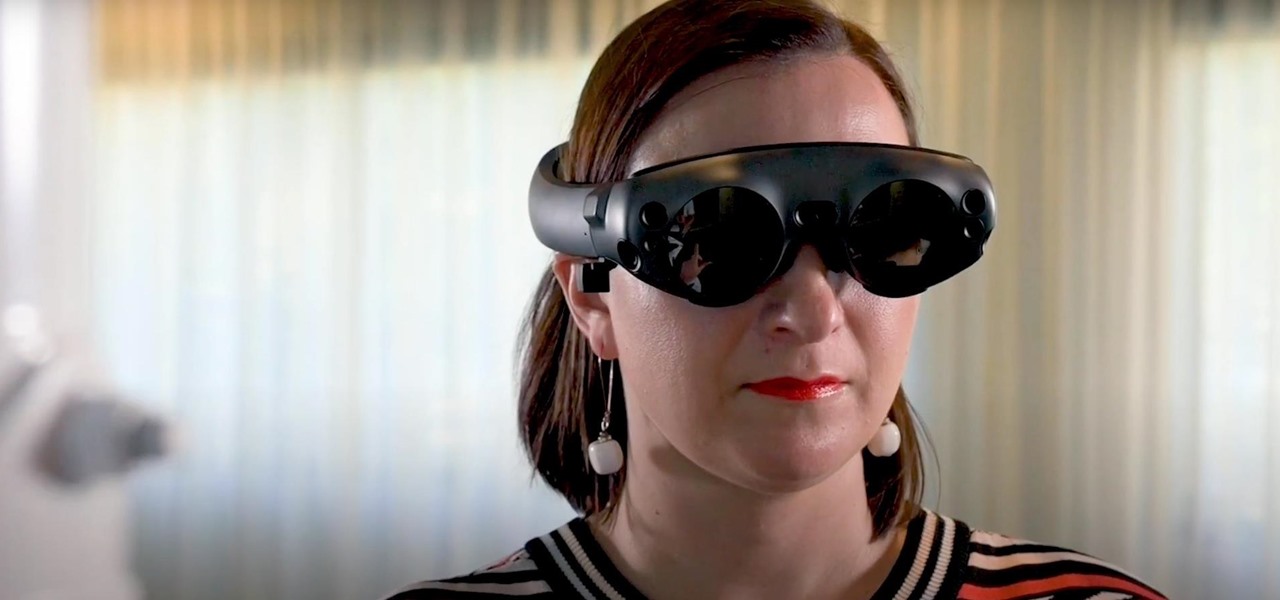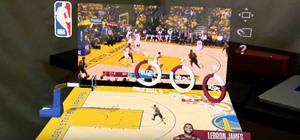After tapping Nvidia for its first AR headset, Magic Leap is calling in reinforcement for its future enterprise-focused efforts.
On Wednesday, Magic Leap disclosed a partnership with chipmaker AMD to produce a "semi-custom" system on a chip (SOC) that will handle computing, graphics, and machine learning, particularly computer vision and spatial computing, for its AR headsets.
- Don't Miss: 10 Remote Collaboration Apps for HoloLens, Magic Leap, & Mobile That Can Substitute for in-Person Meetings
In its partnership with AMD, Magic Leap is aiming for top performance to run advanced AR content for enterprise businesses while attaining greater power efficiency.
"We have a shared vision with Magic Leap to shape the future of computing and transform the way enterprises worldwide work and interact with each other and their customers," said Jack Huynh, corporate vice president and general manager of AMD's Semi-Custom business unit, in a statement. "We started this journey together several years ago to co-innovate on computer vision and build the best semi-custom technology for AR."

The Magic Leap One Creator Edition launched with an Nvidia Parker SOC comprised of two Denver 2.0 64-bit CPU cores plus four ARM Cortex A57 64-bit cores, along with an Nvidia Pascal GPU with 256 CUDA cores.
The move comes as Qualcomm has established a foothold as a supplier of processors for AR wearables. The company offers the Snapdragon XR2 for AR and VR headsets and the XR1 for smartglasses, both of which include Qualcomm's Spectra ISP for image processing.
Lynx has already lined up to ship the first headset running on the XR2 this summer, while Google and Vuzix have adopted the XR1 for their enterprise smartglasses. Qualcomm's silicon also powers Microsoft's HoloLens headsets.
Nonetheless, AMD is highly-reputable in its own regard, ranking alongside Intel among the top makers of chipsets for PCs. Its presence in the AR hardware realm certainly heats up the competition. And it gives Magic Leap a less crowded pipeline.
Just updated your iPhone? You'll find new features for Podcasts, News, Books, and TV, as well as important security improvements and fresh wallpapers. Find out what's new and changed on your iPhone with the iOS 17.5 update.































Be the First to Comment
Share Your Thoughts